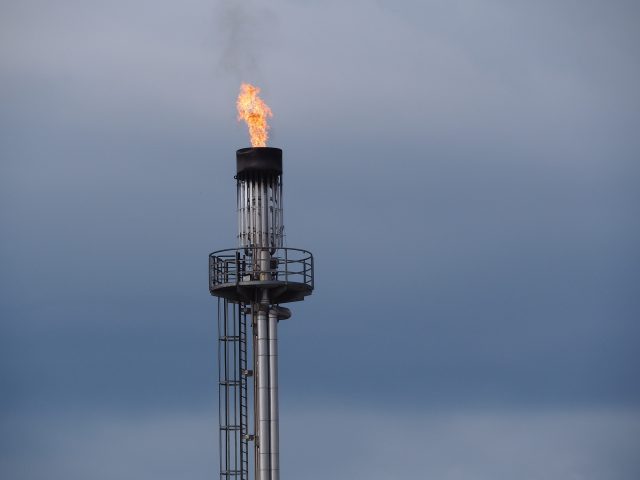
After long months of difficult negotiations, the EU energy ministers finally agreed on a cap on gas prices, the long-awaited and much-discussed price cap. The mechanism, which will limit the cost of fuel imported into Europe, will come into force from 15 February 2023 and will only be activated under special conditions.
This is a great victory in particular for Italy and Prime Minister Giorgia Meloni, who ever since she was in opposition shared with then-Premier Draghi the need to activate this energy cost-limiting instrument.
According to the agreement reached, the price cap will be activated should gas prices exceed 180 euro/megawatt-hour for three consecutive trading days at the Ttf in Amsterdam, Europe’s reference market. At the same time, there must be a difference of more than 35 euros/megawatt-hour between the cost at Ttf and the cost of liquefied natural gas on the global market.
In this case, the price cup would be triggered, i.e. a ‘dynamic’ price ceiling, which applies to all contracts concluded for gas supplies to be paid at one month, three months or one year after conclusion.
Excluded from this dynamic, however, will be prices agreed between private parties without market intermediation and those for daily or next-day deliveries.
The price cap will be automatically deactivated in the event of an increase in consumption of 15% in one month or 10% in two months, but also in the event of a significant drop in LNG imports or volumes traded at Ttf compared to the previous year.
A mechanism that may appear complex, but which clearly manifests itself as an ‘umbrella’ to the speculative phenomena that have occurred in the last period in connection with the outbreak of the Ukrainian conflict.
Although the price of gas is currently around 110/120 euros, thus well below the trigger threshold, it should not be forgotten that last summer peaks of over 300 euros/megawatt-hour were reached.
It is therefore a useful mechanism for countries such as Italy, which has been in serious difficulty since the outbreak of the Russian-Ukrainian conflict, reached after a long time thanks to a compromise between the two main camps, that of the countries in favour (Italy in the lead) and that of the countries against (Germany in the lead). Certainly a temporary instrument, but at the same time an effective, practical and necessary one that will serve to protect, at least in part, citizens and businesses from excessive gas price increases, avoiding the spirals already experienced this summer.
However, it must be emphasised that, despite all the efforts made, it was not possible to reach a unanimous agreement, which was, however, expected, considering that deep rifts had already emerged between the European countries during the European Commission’s proposal phase.
At the vote count, Hungary voted against, while the Netherlands and Austria abstained. Germany, which was initially against the ceiling, eventually decided instead to accept the compromise, albeit ‘obtorto collo’, albeit amidst a thousand polemics and voices against it at home, voices that wanted to reiterate their scepticism about the real effectiveness of the price cup.
On the other hand, as is well known, great satisfaction for the agreement came from Italy, which was the first country to ask to put a price on the gas ceiling and the country that most wanted it, precisely in order to stop the speculative wave of the past months, in contrast to the German positions.
It remains to be seen whether, once it becomes necessary to activate the instrument, the European front will maintain the unity that has been painstakingly achieved.
At the same time, from the Russian front, perhaps because it was surprised by the reaching of an agreement that until yesterday seemed difficult to achieve, the Kremlin hastened to threaten the suspension of supplies in the event of the activation of the ceiling, probably a tangible sign of its potential effectiveness, especially in the long-term perspective regarding the conflict in Ukraine.
The hope is that it will not become necessary to activate it, but if it does, we will certainly not see prices rise to the levels of recent months, even in defiance of Russian threats
Femo



 Subscribe
Subscribe